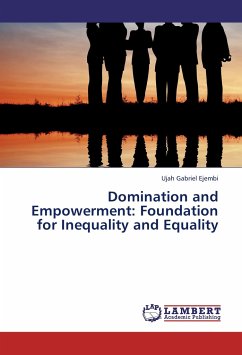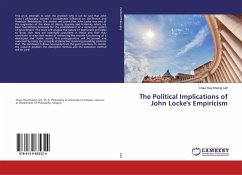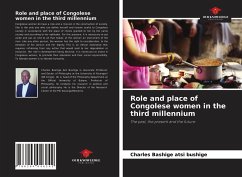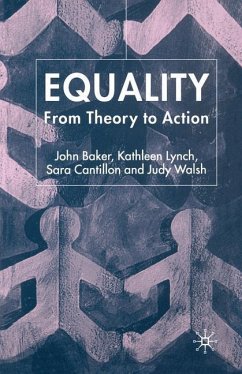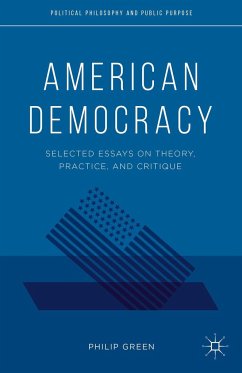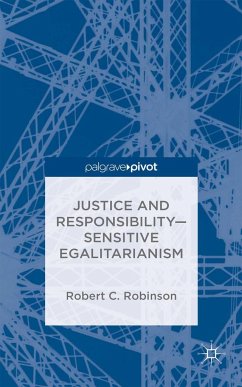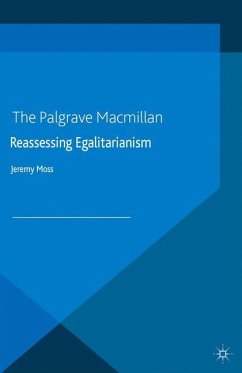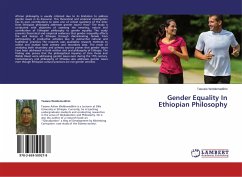
Gender Equality In Ethiopian Philosophy
Versandkostenfrei!
Versandfertig in 6-10 Tagen
27,99 €
inkl. MwSt.

PAYBACK Punkte
14 °P sammeln!
African philosophy is usually criticized due to its limitation to address gender issues in its discourse. This theoretical and empirical investigation has its own contributions to solve one of critical questions of the time: Does Ethiopian philosophy addresses gender issues? How? The study is conducted with objectives of assessing the meaning, nature and contribution of Ethiopian philosophy to gender equality. The study presents theoretical and empirical evidences that gender inequality affects the well beings of Ethiopia through discriminating female from participating in productive activitie...
African philosophy is usually criticized due to its limitation to address gender issues in its discourse. This theoretical and empirical investigation has its own contributions to solve one of critical questions of the time: Does Ethiopian philosophy addresses gender issues? How? The study is conducted with objectives of assessing the meaning, nature and contribution of Ethiopian philosophy to gender equality. The study presents theoretical and empirical evidences that gender inequality affects the well beings of Ethiopia through discriminating female from participating in productive activities due to patriarchal cultural and traditional practices. The research uses qualitative research methods to collect and analyze both primary and secondary data. The result of analyzing both secondary and primary sources proves that gender issues have been addressed in both written and oral philosophy of Ethiopia. The finding also proves that the philosophical inquiries of Zara Yacob and WoldeHiwot were addressing gender issues even during the 17th century. Contemporary oral philosophy of Ethiopia also addresses gender issues even though Ethiopian cultural practices are not gender sensitive.



